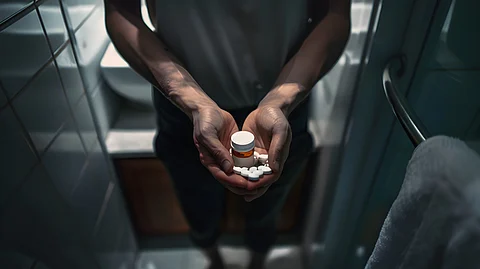4. Life Obligations
Jobs, kids, bills—it’s easy to convince yourself you don’t have time for treatment. But here’s the hard truth: if addiction continues unchecked, it will eventually impact all of those responsibilities anyway. The short-term pause is worth the long-term gain.
What Getting Help Actually Looks Like
It’s not about giving up control—it’s about gaining clarity. The right treatment program provides structure, safety, and the tools to help you move forward, not backward.
Reputable Orange County rehab centers offer:
● Customized care plans based on your needs and goals
● Mental health integration for depression, anxiety, trauma, and more
● Outpatient and residential options for flexible engagement
● Therapies that work, like CBT, DBT, mindfulness, and trauma-informed counseling
● Supportive staff who know how to walk with you, not ahead of you
This isn’t about checking into a facility and disappearing. It’s about checking in—with yourself—and choosing a different path.
Why Orange County Is an Ideal Place to Begin
Orange County combines restorative natural settings with access to some of the country’s most progressive, whole-person treatment models. From peaceful residential options to modern outpatient centers, the area offers a sense of calm that supports both physical detox and emotional rebuilding.
If you’re ready to explore what healing could look like, an Orange County rehab program may be exactly what you need—not just to stop using, but to start living more fully.
This Isn’t the End. It’s the First Real Beginning.
You don’t have to be “ready.” You just have to be willing. To ask a question. To start a conversation. To wonder if maybe, just maybe, life could feel better than this.
Help doesn’t mean weakness. It means hope. And that hope can start today.


